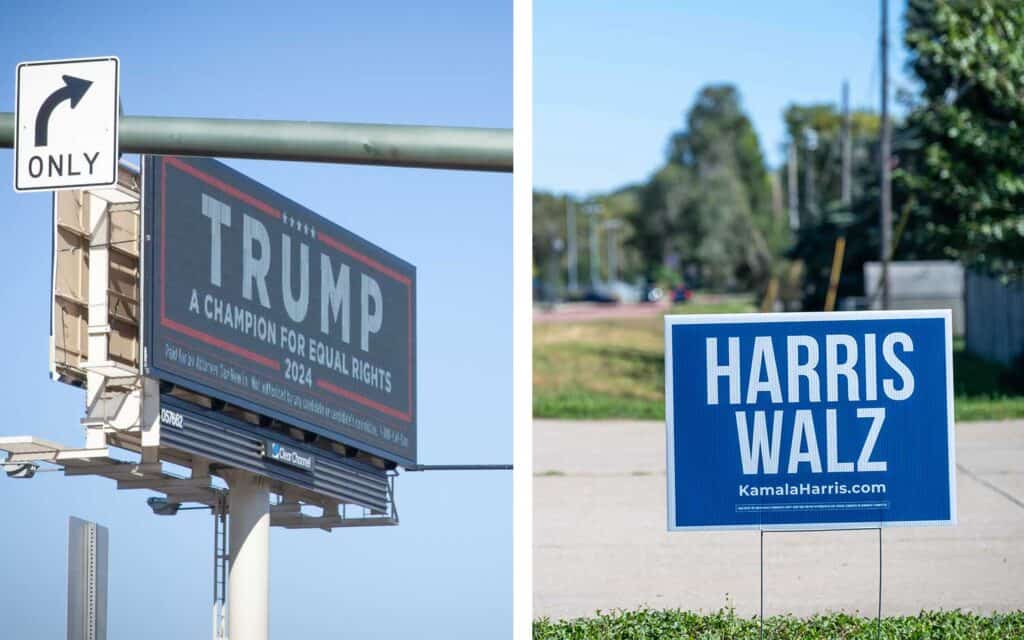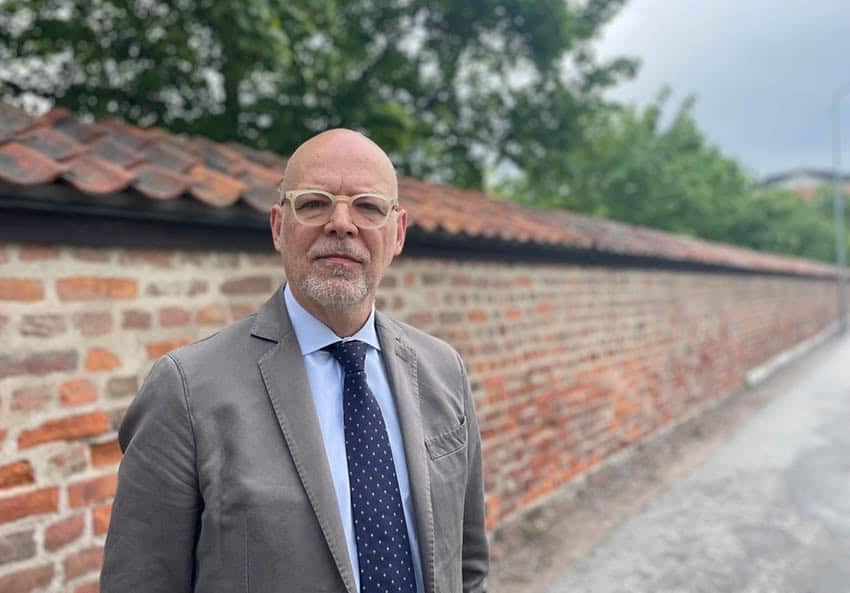In the United States, universities are run by the states or are run privately, but the federal government is important for research because federal agencies also generate and finance research.
One of the first things Joe Biden did as president was to ensure that these agencies have policies in place to safeguard scientific integrity. In order to monitor and evaluate scientific integrity at the authorities, the National Science and Technology Council has also created a new committee for scientific integrity. However, this can be scrapped by the next president through executive order.
American Federation of Government Employees, the trade union that represents half of the employees at the Environmental Protection Agency, EPA, has in its new agreement included prohibition of political interference in employees’ work and prevention of reprisals against employees that report any such interference. If this is not respected, it can lead to legal action.
According to a scientific article about how the impact of Trump’s time in power on the role of research in the authorities, two years into the Trump presidency, the percentage of EPA scientists who felt they could speak out about the agency’s scientific issues without fear of reprisal had fallen from 72 to 57 per cent. 672 scientists left the EPA during his presidency, and Trump shut down a third of the agencies’ external science advisory committees.
In the 2016 presidential election, Trump and his supporters were not prepared for victory, notes Dag Blanck, who is director of the Swedish Institute for North American Studies at Uppsala University.
“This time they are much better prepared, and one of the things they want to do is make cuts to ‘the deep state’, the federal government and its various programmes, and that is where many kinds of research are conducted.

Dag Blanck
Director of the Swedish Institute for North American Studies, Uppsala University
No clear research policies
Neither Donald Trump nor Kamala Harris has presented a clear policy regarding research. Expectations of their possible future presidency are therefore based very much on looking into the past.
Harris’ mother was a prominent cancer researcher. Her father is an economics professor, (now emeritus), at Stanford University, where he was the first black person to receive a tenured position at the department. Harris and the Democratic Party also often link investments in education and research with measures to increase access to them for underrepresented groups.
The Democratic Party programme promises, for example, that a national laboratory for climate research and innovation will be created. This will be attached to institutions for underrepresented groups to ensure that they also have access to the lab.
The party programme emphasises continued investments in climate research and ‘clean energy’ through various federal agencies.
Less state but more control
Trump and the Republican Party programme, on the other hand, equate favouring underrepresented groups with discrimination, and they vow to bring legal action against higher education institutions that use affirmative action. The Republican Party programme only mentions investment when it comes to military research.
There is a well-founded suspicion that it is not primarily the party programme, but rather Project 2025 that will influence Trump’s decision-making if he becomes president. Project 2025 is a 900-page political plan for the United States in the event of a Trump victory.
It was written by the conservative think tank The Heritage Foundation, and 140 people who worked for the previous Trump administration have contributed to its content. It not only proposes to shrink the state, but also sets out a plan to give the president more control over civilian employees at places like research institutes.
Funding for research increased under Trump
During his presidency, Trump tried to make a number of cuts in the field of research that did not pass Congress. The cross-party support for various kinds of research that existed at the time at least meant that funding for research actually increased when Trump was in power.
The make-up of Congress after the election will therefore be crucial for the next president’s attempts to invest in or cut back on research.
“If federal investment in research decreases, it will be interesting to see if private research foundations step up,” says Dag Blanck. “The Bill and Melinda Gates Foundation and others play a major role in research funding.”
He says that the polarisation in American society is also apparent within academia. “Many are critical of his attitude to knowledge and worried about him returning to the presidency, but there are also a lot of Trump supporters.”


















